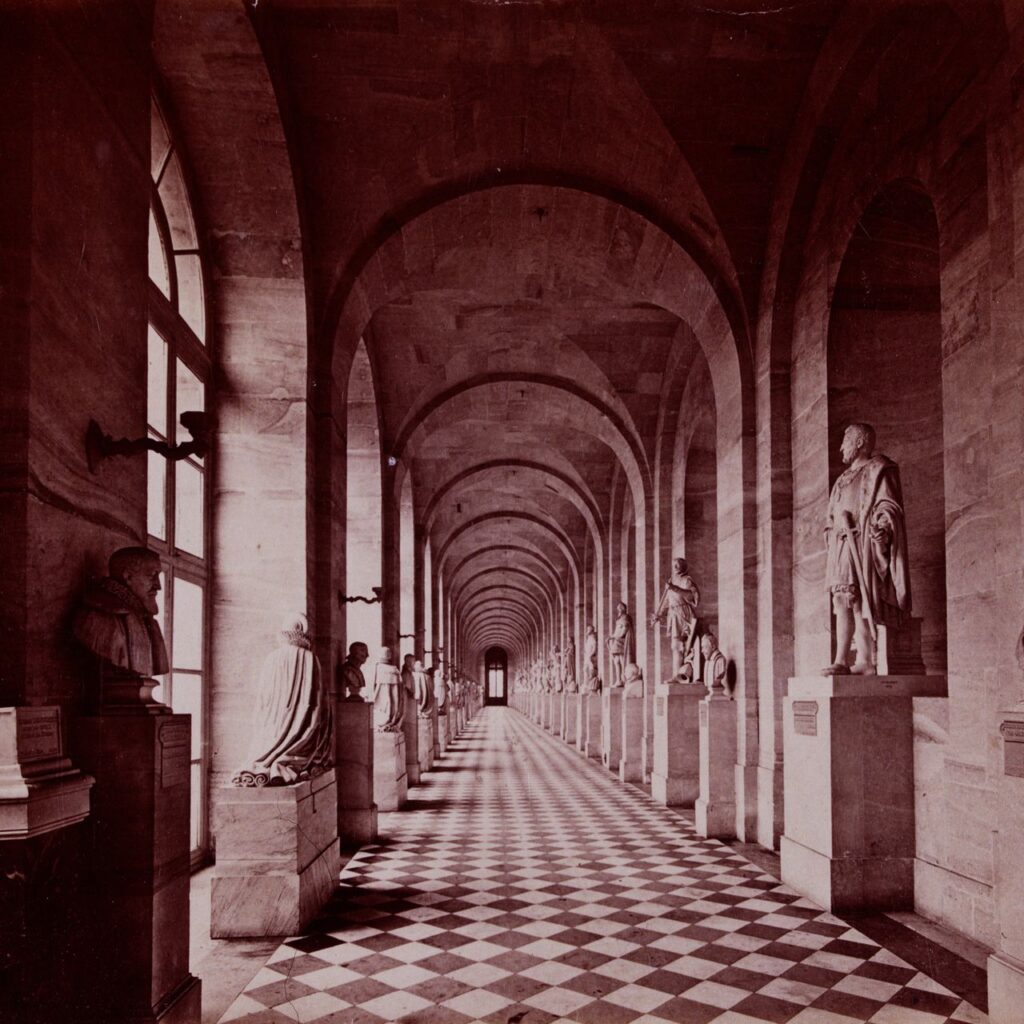
There is something to be said about artists who only want to tell a few select stories, and take their time crafting them. Something profoundly Not-of-This-Time. Dare I say, something fey. Susanna Clarke’s Jonathan Strange & Mr. Norrell took over a decade to create. It inevitably became a literary phenomenon when it came out. A lush, meticulously crafted Regency epic, mimicking the language and sensibilities of the time, while adding a dose of Faerie magic to the Napoleonic Wars, it was one of the great novels of its decade.
That it should take Clarke 16 more years before she gave us a new book, feels almost correct. But Piranesi is nothing like what I personally expected that book to be.
The House is the world. Or perhaps the world is encompassed by the House. Its endless Halls and Vestibules span for thousands of miles. The highest floors are obscured by clouds, while the lowest drown in oceans. Only celestial bodies can be seen through its windows. Grand, empty atriums sprawl eternal, populated with countless statues.

There are only fifteen humans that have ever lived in the world, and only two of them live still. One is Piranesi, though that is not his name. He is an explorer and an acolyte of the House. He has learned the arcane calendar of its oceanic tides, and the meaning of its many statues. He has walked hundreds of Halls in each direction, and knows their geography intimately. The House speaks to him through symbolism and circumstance. It feeds and loves him.
The Other is a scientist. He is Piranesi’s only friend, though he is seldom seen, and where he goes when they are apart, no one knows. The rest of the humans of the world are but skeletons. Piranesi takes care of them for the House, has named them, and loves them as if they were alive.
Then there is the sixteenth person. The invisible reader for whom Piranesi keeps his journals. And if the numbers on these journals make no sense, or feature entries he does not recall writing, on subjects he does not recall knowing, well the sixteenth will have to do deal with that.

Piranesi is a melancholic and introspective mythology of loneliness. In a strange and — I am certain — unintended way, it is almost commentary on the times we live in. As its titular character roams the empty Halls and interprets the House’s will and meaning through signs that mean nothing to anyone else, the reader is hypnotized by the near-religious irrationality of the narrative. There is infinite kindness and innocence in the way Piranesi sees the world, and even as we try to understand the mystical rules of the House, we are tempted to accept his childlike interpretation of them.
This is a book about magic, but in no way remotely similar to Clarke’s previous epic. For one thing, it is barely a quarter of the size, but that is only the beginning. Where Jonathan Strange & Mr. Norrell was plot-driven, Piranesi is an intimate exploration of one man’s inner world. Even if much of what transpires in the story is real, it still symbolizes the intangible universe within a lonely yet endlessly optimistic individual. The quiet serenity of the House is a search for meaning where none might exist. But for Piranesi it is the search that creates that meaning. And for the reader, it is going through this journey with him that makes the book a masterpiece.
Be First to Comment